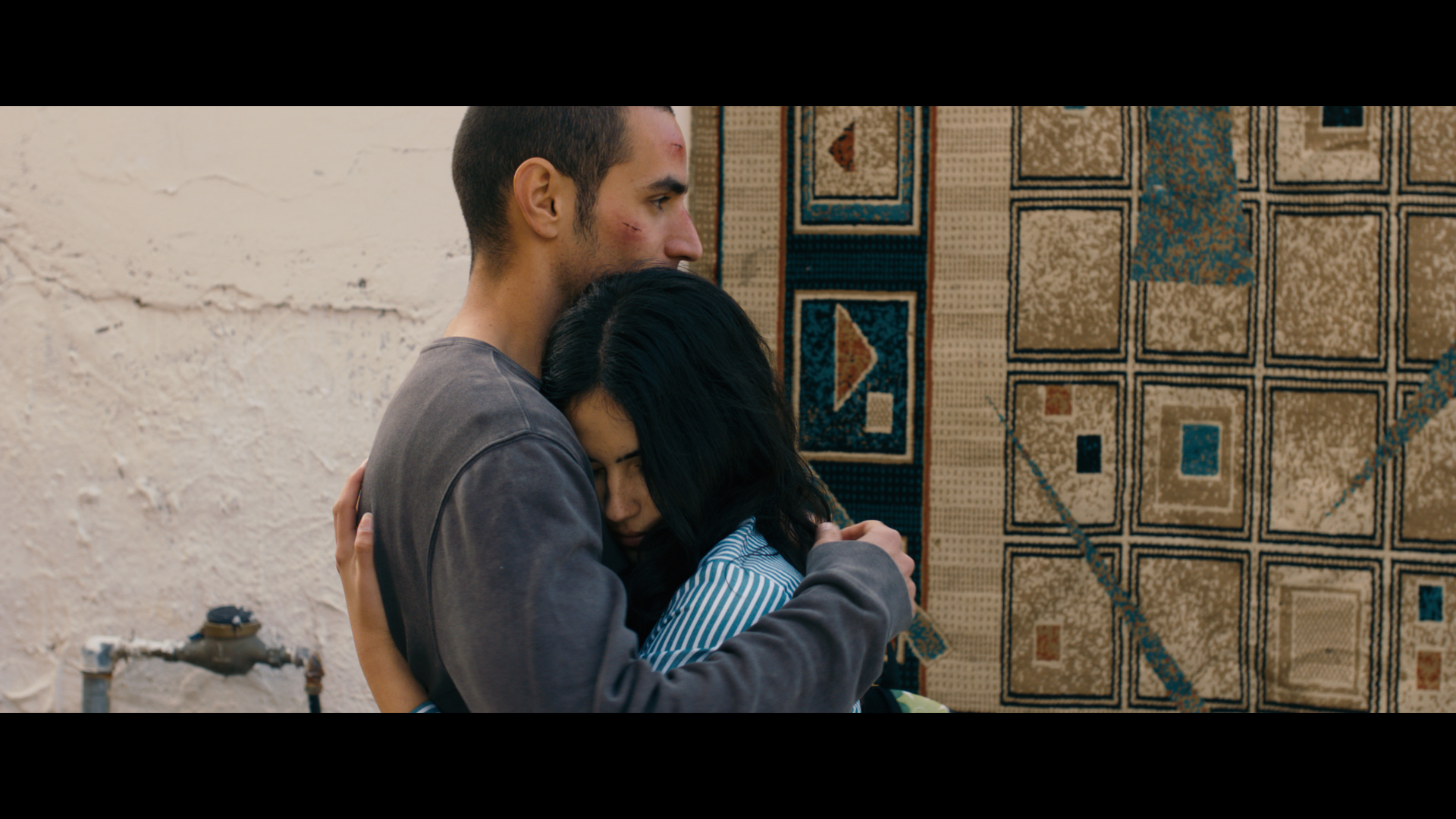Omar
Runs Fri., Feb. 28–Thurs., March 6 at Sundance Cinemas. Not rated. 96 minutes.
Palestinian filmmaker Hany Abu-Assad pulled off a tricky balancing act with his 2005 Paradise Now. In profiling the everyday lives of a couple of would-be suicide bombers, the movie created an eerie sense of authenticity (and occasional absurdity) while not grinding a heavy political ax. It picked up an Oscar nomination for Best Foreign-Language Film in the process.
Abu-Assad’s new film, also Oscar-nominated, tries something similar: to humanize people stuck in the cycle of violence in the Palestinian community of the occupied West Bank. The central figure here is a none-too-bright young man, Omar (Adam Bakri), who’s a kind of budding revolutionary. He’s not affiliated with a known terrorist group; it’s more like he’s hanging out with friends who’ve gradually become more radical of late. Led by the serious Tarek (Eyad Hourani), these amateurs will end up murdering an Israeli soldier one night, an act that brings them to the attention of an Israeli investigator (Waleed Zuaiter, a deft actor). As though to emphasize Omar’s hapless miscasting as a freedom fighter/terrorist, his actions are guided largely by his crush on Tarek’s sister Nadia (Leem Lubany) and his own jealous mind.
You can see the Oscar appeal here: global issue, human approach, dramatic punch. Abu-Assad is a skilled filmmaker, but Omar is significantly less daring than Paradise Now—really just a middlebrow treatment of an automatically invigorating subject. The final action is a “shocker” meant to be open-ended and thought-provoking, but it leaves behind a faint taste of smugness. (The absence of The Past, Gloria, and especially Wadjda—all officially submitted by their countries—among the nominees is particularly galling in the light of Omar getting a nod.
The film does have one powerful image: the wall, meant to contain and separate Palestinians from Israelis. Omar begins with the wall, as our protagonist scales it with a rope. This is the first of many such ascents and descents, travels that are a part of Omar’s life but which—so commonplace has the presence of the wall become—are never remarked upon. This gray, graffitied boundary is the mute co-star of the movie, and its sheer presence is more troubling than the standard-issue melodrama that boils around it.
film@seattleweekly.com







